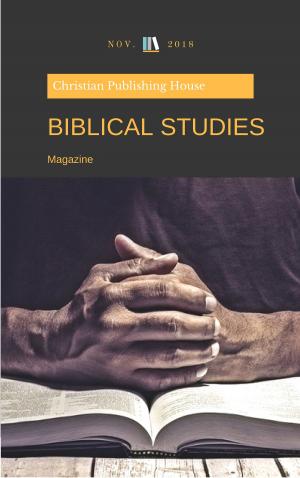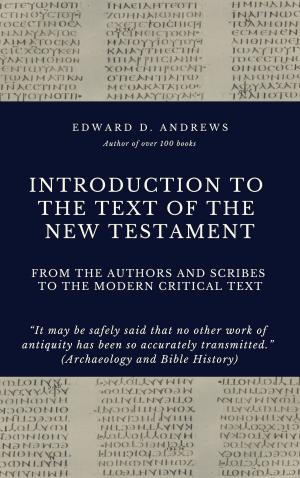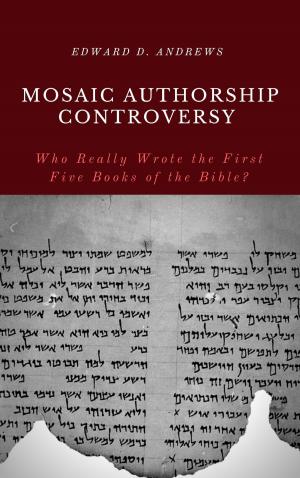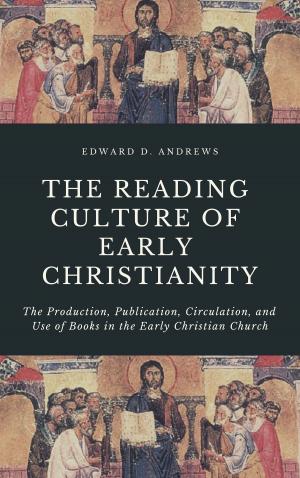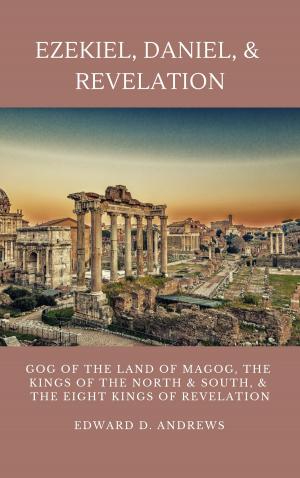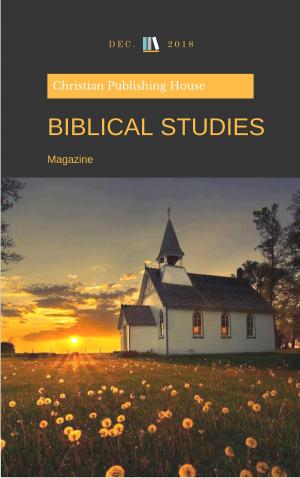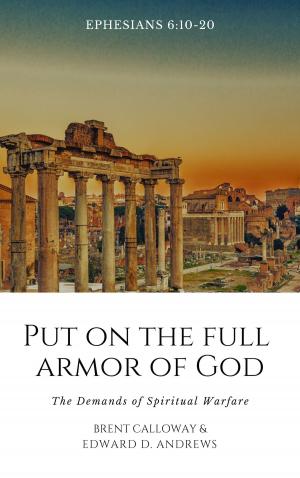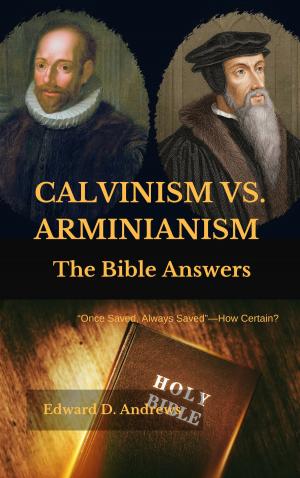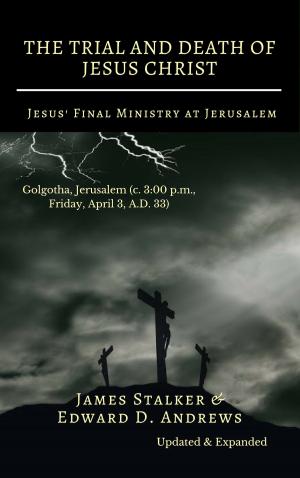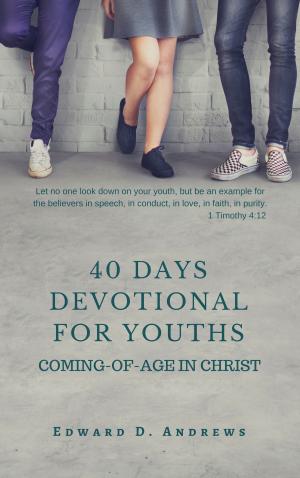HOW RELIABLE ARE THE GOSPELS?
The Synoptic Gospels in the Ancient Church: The Testimony to the Priority of the Gospel of Matthew
Nonfiction, Religion & Spirituality, Bible & Bible Studies, New Testament, Criticism & Interpretation, Study| Author: | F. David Farnell | ISBN: | 1230002845814 |
| Publisher: | Christisian Publishing House | Publication: | November 13, 2018 |
| Imprint: | Language: | English |
| Author: | F. David Farnell |
| ISBN: | 1230002845814 |
| Publisher: | Christisian Publishing House |
| Publication: | November 13, 2018 |
| Imprint: | |
| Language: | English |
Was the Gospel of Mark Written First? Were the Gospel Writers Plagiarists? What is the Q Document? What about Document Q? Critical Bible scholars have assumed that Matthew and Luke used the book of Mark to compile their Gospels and that they consulted a supplementary source, a document the scholars call Q from the German Quelle, or source. From the close of the first century A.D. to the 18th century, the reliability of the Gospels was never really brought into question.
However, once we enter the so-called period of enlightenment, especially from the 19th century onward, some critical Bible scholars viewed the Gospels not as the inspired, inerrant Word of God but rather as the word of man, and a jumbled word at that. In addition, they determined that the Gospels were not written by Matthew, Mark, Luke, and John, saying the Gospels were written after the apostles, denying that the writers of the Gospels had any firsthand knowledge of Jesus; therefore, for these Bible critics such men were unable to offer a record of reliable history.
Moreover, these critical Bible scholars came to the conclusion that the similarities in structure and content in the synoptic (similar view) Gospels (Matthew, Mark, and Luke), suggests that the evangelists copied extensively from one other. Further, the critical Bible scholars have rejected that the miracles of Jesus and his resurrection ever occurred as recorded in the Gospels. Lastly, some have even gone so far as to reject the historicity of Jesus himself.
Was the Gospel of Mark Written First? Were the Gospel Writers Plagiarists? What is the Q Document? What about Document Q? Critical Bible scholars have assumed that Matthew and Luke used the book of Mark to compile their Gospels and that they consulted a supplementary source, a document the scholars call Q from the German Quelle, or source. From the close of the first century A.D. to the 18th century, the reliability of the Gospels was never really brought into question.
However, once we enter the so-called period of enlightenment, especially from the 19th century onward, some critical Bible scholars viewed the Gospels not as the inspired, inerrant Word of God but rather as the word of man, and a jumbled word at that. In addition, they determined that the Gospels were not written by Matthew, Mark, Luke, and John, saying the Gospels were written after the apostles, denying that the writers of the Gospels had any firsthand knowledge of Jesus; therefore, for these Bible critics such men were unable to offer a record of reliable history.
Moreover, these critical Bible scholars came to the conclusion that the similarities in structure and content in the synoptic (similar view) Gospels (Matthew, Mark, and Luke), suggests that the evangelists copied extensively from one other. Further, the critical Bible scholars have rejected that the miracles of Jesus and his resurrection ever occurred as recorded in the Gospels. Lastly, some have even gone so far as to reject the historicity of Jesus himself.

